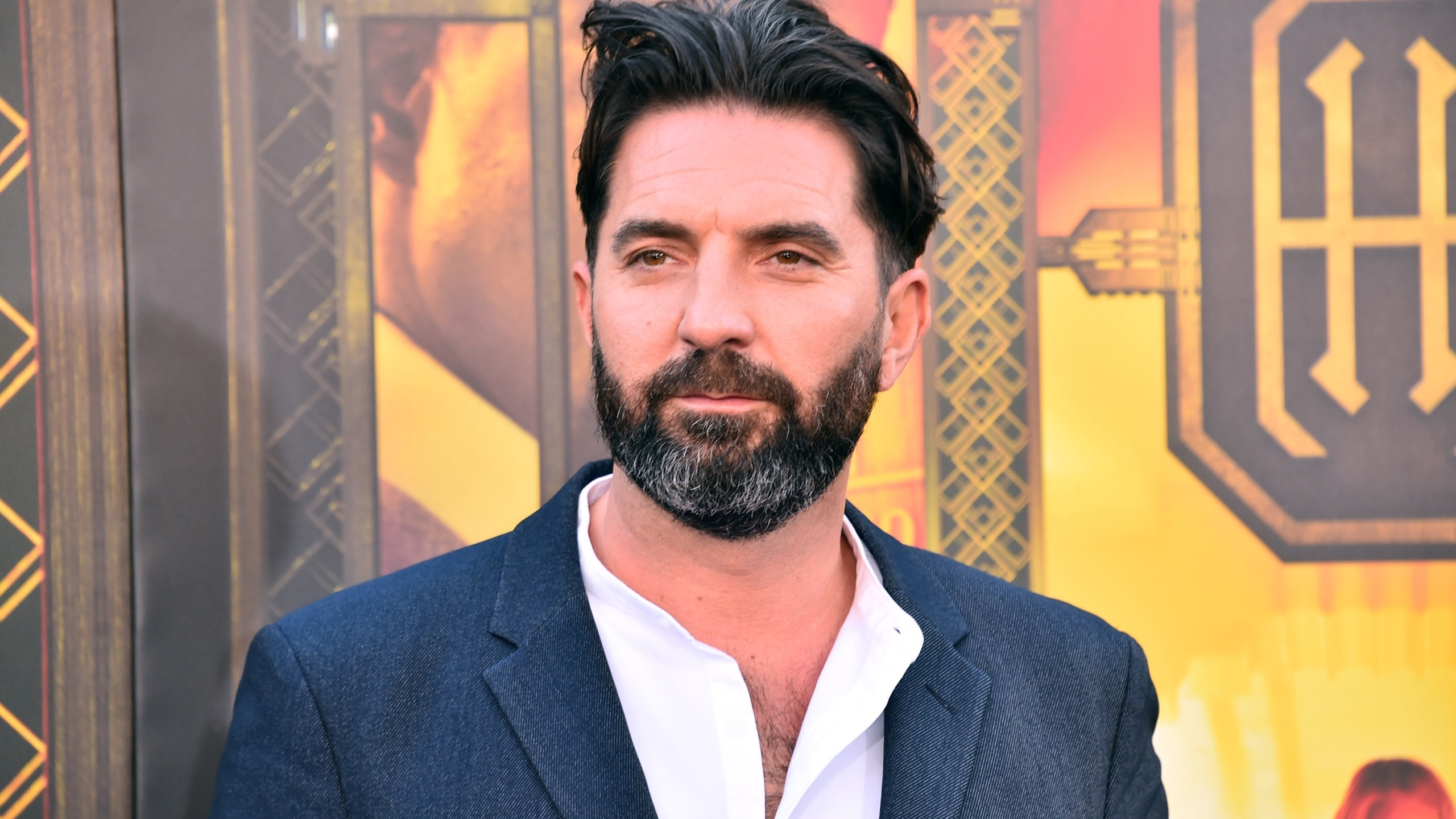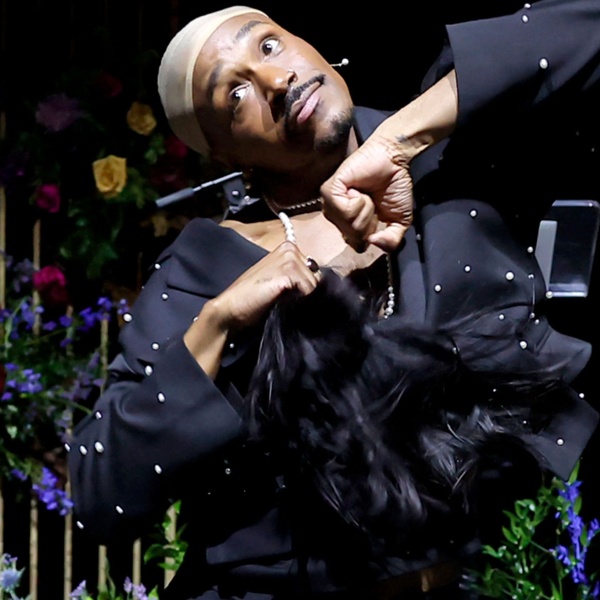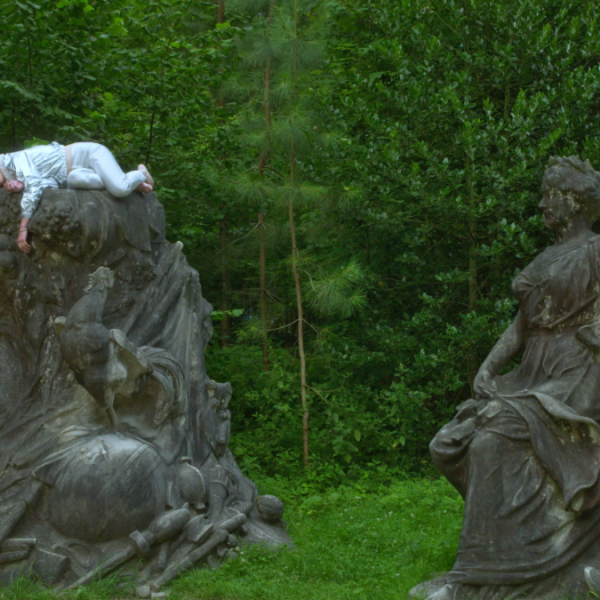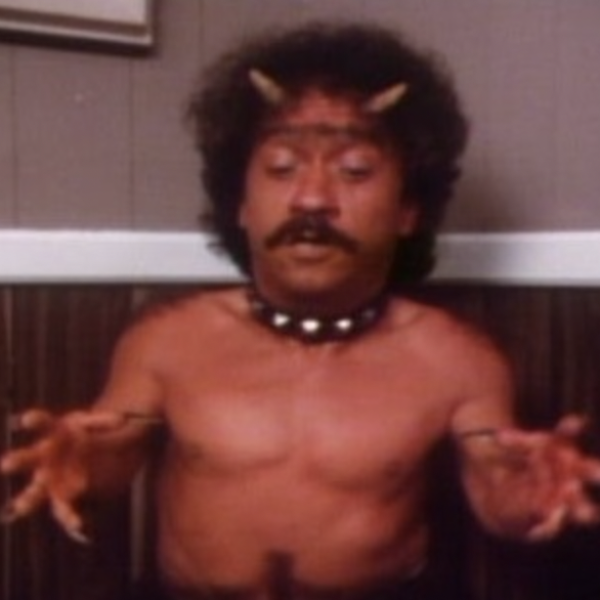[Editor’s Note: The following piece contains spoilers for the film “The Fall Guy”]
Master yarn-spinner and twist-lover Drew Pearce is setting the story straight on his film, “The Fall Guy”. The big screen adaptation of the ‘80 TV series was directed by former stuntman David Leitchb and stars the mega-watt talents of Ryan Gosling and Emily Blunt. Pearce wrote the screenplay and despite a huge marketing push, the film didn’t land its box office punch opening weekend. However, in a recent interview with The Hollywood Reporter, Pearce expressed his belief that the film will fight on and that — looking past the grand scale — it holds up as an accurate depiction of Hollywood messiness.
“I’m from England — well, Scotland, actually,” said Pearce. “But I never knew anyone in the business. So when I came here, everyone was like, ‘Oh no, that’s an apocryphal story. That stuff doesn’t happen.’ But my experience is that literally anything that is supposedly apocryphal is absolutely commonplace. It happens not just once, but all the time, to the degree that you can think of the wildest, most apocryphal-sounding story, and it has definitely happened. Now, I’m not suggesting that anyone I’ve ever worked with has murdered their stunt double, but honestly, if that story came out, you’d be like, ‘Yeah, that’s probably true.’ A lack of carbs is very damaging to your cognitive processing.”
Playing within what Pearce calls “the realms of feasibility” is what opened the idea of this story for him. The idea of what is and isn’t possible is a fundamental root of cinema and getting to play with that appealed to Pearce.
“Movies, in general, are all a game of believe, and ours is a tricky game of believe,” Pearce said to The Hollywood Reporter. “We are going to tell you that stunt people are the people behind the movie stars that you watch, but then we’re going to ask you to enjoy a movie star movie and expect to feel the danger that Ryan Gosling himself might be in. It sounds simple, but cognitively, that’s actually kind of a trick.”
Not one to shy away from pulling off a trick, Pearce found the twist for this story in what he felt was a very real conflict in the entertainment industry: the scapegoating of below-the-line workers.
“Below-the-line crew are fired the whole time,” said Pearce. “And that is because a blood sacrifice is required by somebody above the line, whoever that is: producorial, directorial, but seldom the screenwriter. Not enough power to hire and fire. So I definitely think that is a part of the process, and of course, in the case of a stunt guy or woman, the double jeopardy of it is this whole thing of like, ‘Oh, and someone could get hurt.’ It’s not ephemeral; it’s tangible.”





